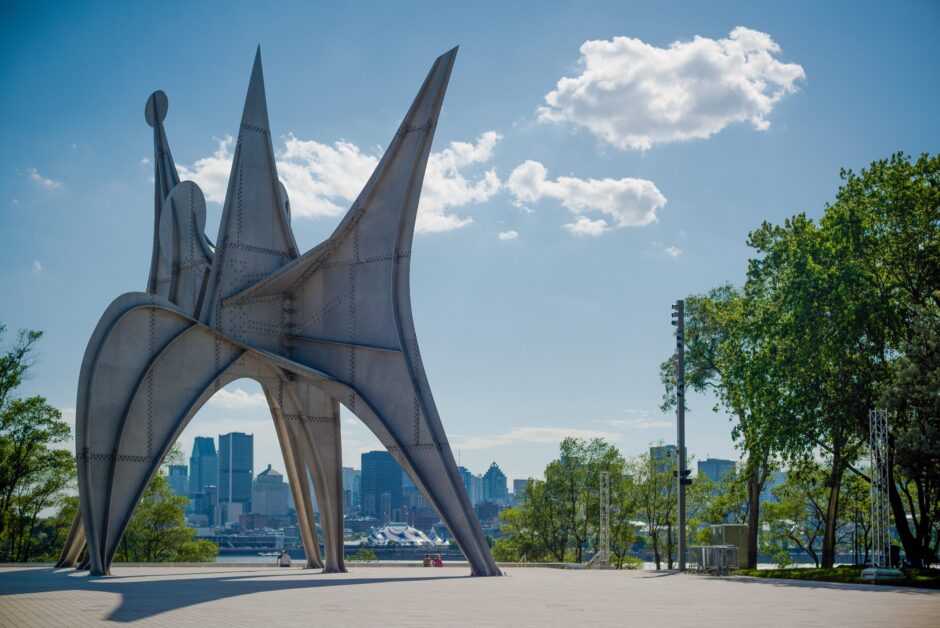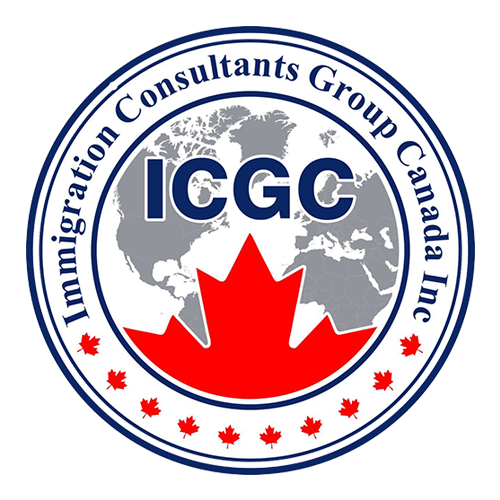A Brief History of Montreal
Montreal is a vibrant, diverse and cosmopolitan city located in the Canadian province of Quebec. It is the largest city in Quebec and the second-largest city in Canada, with a population of over 1.7 million people. Montreal is known for its rich cultural heritage, vibrant arts scene, and its unique blend of European and North American influences.
Montreal was originally inhabited by the Indigenous peoples of the Algonquin tribe. The Algonquin people had been living in the region for thousands of years before the arrival of European explorers. The first recorded European to visit the area was French explorer Jacques Cartier in 1535. Cartier named the mountain he saw nearby Mont Royal, which later gave the city its name.
In 1642, French settlers arrived in the area and founded Ville-Marie, which was later renamed Montreal. The city grew rapidly over the next century, becoming an important center of the fur trade and a key trading post between France and its North American colonies. Montreal was also a strategic military stronghold, with French and British forces fighting over control of the city during the Seven Years’ War in the mid-18th century.
In the early 19th century, Montreal emerged as a major center of commerce and industry. The city’s location on the St. Lawrence River made it a key transportation hub for goods and people traveling between Canada and Europe. Montreal became a center of manufacturing, particularly for textiles, and was home to many of Canada’s largest banks and financial institutions.
Montreal’s growth and prosperity continued into the 20th century, but the city was also marked by periods of social and political unrest. In the early 20th century, Montreal was a hotbed of labor activism, with strikes and protests often leading to violent clashes between workers and police. In the 1960s, Montreal was also the site of the FLQ (Front de libération du Québec) crisis, a series of bombings and kidnappings carried out by a radical separatist group seeking Quebec’s independence from Canada.
Despite these challenges, Montreal continued to grow and evolve, becoming a center of cultural and artistic expression in the latter half of the 20th century. The city was home to a vibrant arts scene, with musicians, artists, and writers from around the world flocking to Montreal to be part of its vibrant creative community. Montreal was also a key center of the civil rights movement in Canada, with activists fighting for equality and social justice.
Today, Montreal remains a dynamic and exciting city, with a diverse and multicultural population and a thriving arts and cultural scene. The city is home to many world-renowned cultural institutions, including the Montreal Museum of Fine Arts and the Montreal Symphony Orchestra. Montreal is also known for its excellent cuisine, with a wide range of restaurants serving up delicious food from around the world.
From its earliest beginnings as a trading post and military stronghold to its emergence as a center of commerce, industry, and culture, Montreal has played a significant role in the development of Canada and North America as a whole.
Today, Montreal is a vibrant city located in the province of Quebec, Canada. Known for its rich history, cultural diversity, and beautiful architecture, Montreal has become one of the most popular tourist destinations in North America.
One of the most striking features of Montreal is its blend of French and English cultures. The city was founded by French colonizers in the 17th century, and it remained a French-speaking stronghold even after the British conquered it in 1760. Today, Montreal is officially bilingual, and you can hear both French and English spoken throughout the city. This linguistic duality has shaped Montreal’s culture, cuisine, and art, making it a truly unique and multicultural city.
Montreal is also known for its stunning architecture. The Old Port, in particular, is a must-visit for anyone interested in history and architecture. Its cobblestone streets and historic buildings are reminiscent of a bygone era, and the area is home to some of the city’s oldest and most important landmarks, such as the Notre-Dame Basilica and the Bonsecours Market. Another architectural gem is the Habitat 67, a complex of stacked concrete cubes designed by Moshe Safdie for the 1967 World Exposition. Today, it’s a landmark and symbol of Montreal’s architectural heritage.
When it comes to food, Montreal is a foodie’s paradise. The city is famous for its bagels, smoked meat sandwiches, and poutine (a dish of fries, cheese curds, and gravy). There are also plenty of excellent restaurants offering cuisine from around the world, from French bistro fare to Vietnamese pho. The city’s Jean-Talon Market is a must-visit for anyone who loves fresh, local produce and artisanal goods.
Montreal is also home to a thriving arts and culture scene. The city is known for its world-class museums, such as the Montreal Museum of Fine Arts and the Museum of Contemporary Art. There are also plenty of galleries, theaters, and performance spaces showcasing local and international talent. The city is famous for its festivals, including the Montreal International Jazz Festival, the Just For Laughs comedy festival, and the Montreal World Film Festival. These events attract visitors from around the world and help to make Montreal a vibrant cultural hub.
Finally, Montreal’s location on the St. Lawrence River makes it a popular destination for outdoor activities. The city’s extensive park system offers plenty of opportunities for hiking, biking, and picnicking, and the nearby Laurentian Mountains are a popular destination for skiing and snowboarding in the winter.
Montreal is a city that has something for everyone. Its rich history, multicultural identity, stunning architecture, and world-class food, arts, and culture make it a must-visit destination. Whether you’re interested in history, food, the arts, or outdoor activities, Montreal is sure to impress.


